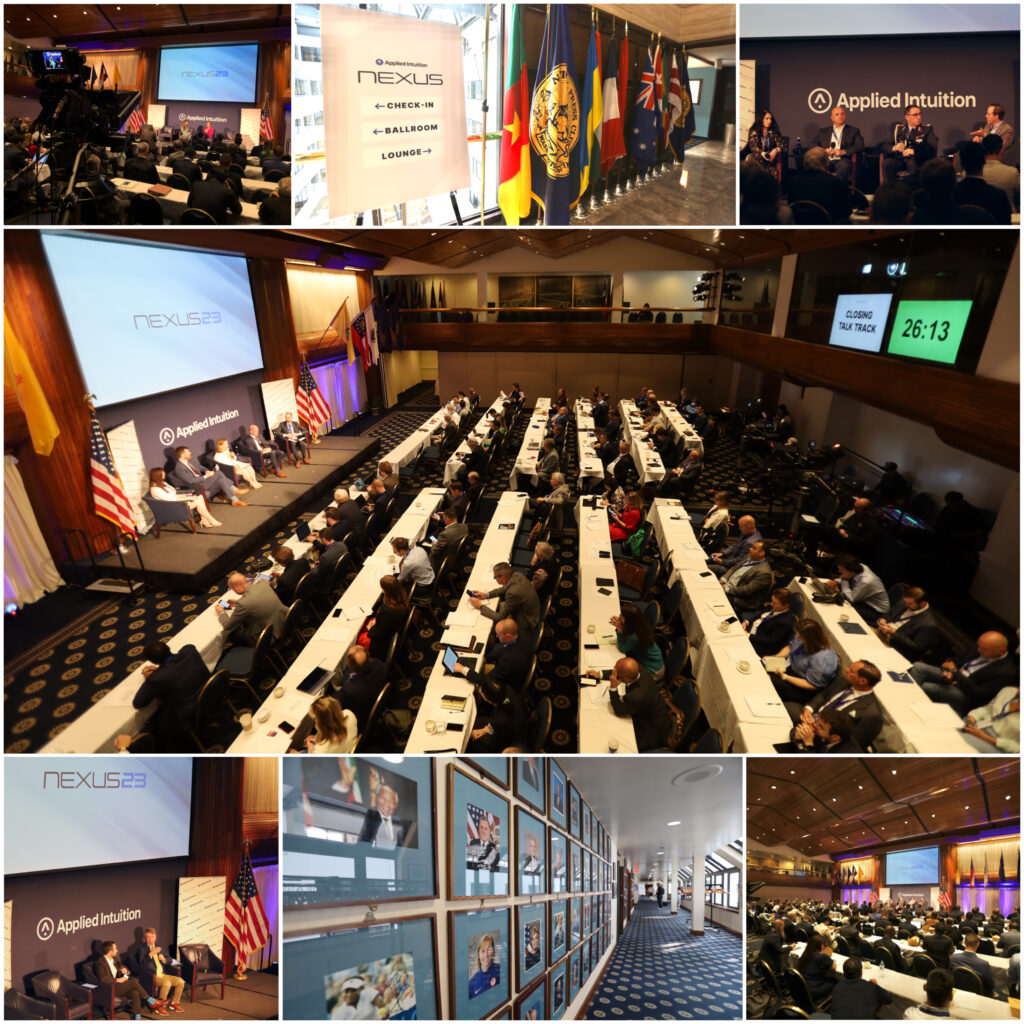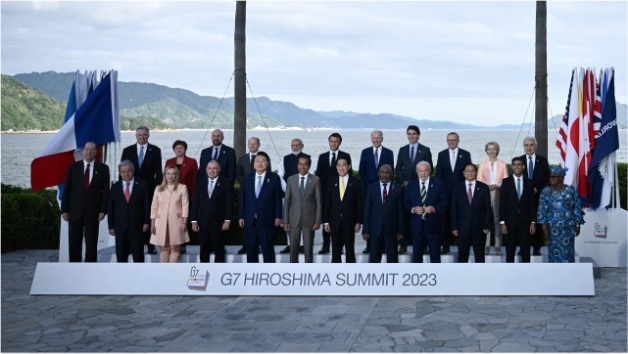Photo Credit: Brendan Smialowski/Pool/Reuters
| By Emma Kuruppacherry |
On Saturday, May 20, the G-7 leaders met in Hiroshima, Japan to address the ramifications of growing AI technology and how to regulate its use. With such rapidly advancing technology, more countries fear its exploitation. World leaders from the largest economies discussed concerns about privacy attacks, civil rights violations, disinformation, and the unethical use of data, however they did not come to a clear conclusion as to what to do.
In the summit’s communique leaders wrote, “We recognize the need to immediately take stock of the opportunities and challenges of generative AI” and listed ways they would attempt to monitor its growth. This includes working with technology companies and other stakeholders to “drive the responsible innovation and implementation of technologies”. Leaders also emphasized the importance of an international perspective and greater dialogue on digital issues.
One of the challenges in creating a standard for AI is how to create a rule that all countries will agree to. Already there are differences in approaches between the East and West. The U.S. is more lenient, giving technology companies more freedom to test out their systems before putting rules in place. Friday before the summit President Biden met with several top executives from companies developing AI (such as Google and Microsoft) to assess the risks and opportunities associated with the new technology. Sam Altman , CEO of Microsoft-backed OpenAI, told a senate panel that they should test licensing requirements for developing AI models. On the other hand, China is taking a more cautious approach. In April their cyberspace regulator announced draft measures to ensure generative AI-powered services matched the country’s socialist values.
The summit’s communique recognizes different approaches to implementing laws, however still stresses the need for some form of international regulation. Jake Sullivan, Biden’s national security advisor said, “How do we come together in an international format to effectively try to align approaches so that we’re dealing with this incredibly fast-moving technology with these incredibly far-reaching implications?”. He referred to the summit as a “good start” to a much longer conversation.
For now, The G-7 leaders have asked their countries’ top officials to collaborate on project dubbed the “Hiroshima AI process”. This project would discuss areas affected by generative AI such as governance, safeguard of intellectual property rights, promotion of transparency, and disinformation and report the findings by the end of 2023.
Although the true effects of AI are yet to be seen, countries are now taking a more active stance. As European Commission President Ursula von der Leyen stated Friday, “We want AI systems to be accurate, reliable, safe, and non-discriminatory, regardless of their origin”.
 Previous post
Nexus 23 Explores Technology and Security Imperatives
Previous post
Nexus 23 Explores Technology and Security Imperatives
 Next post
China Bans Micron Chip Deal
Next post
China Bans Micron Chip Deal

